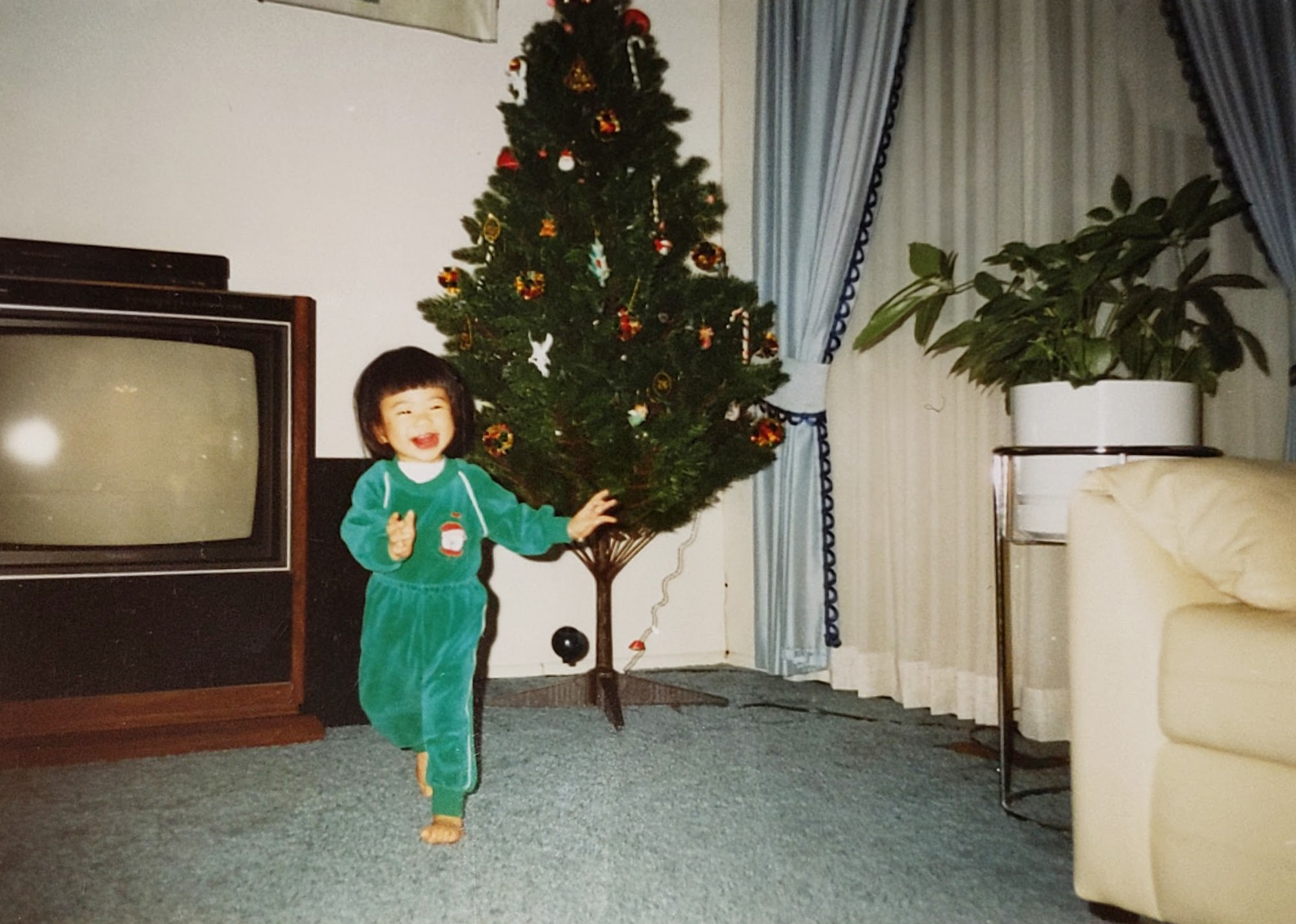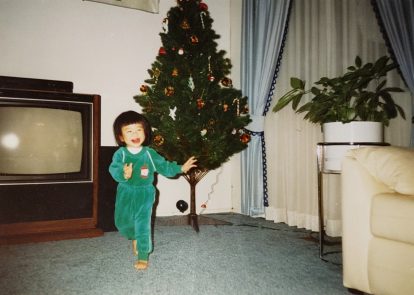Make your tax-deductible gift by December 31—every gift matched, up to $150,000!
In this moment, the future of our rights, our bodily autonomy, our freedom feels uncertain. What we do next will make a difference for decades to come.
Make your tax-deductible gift by December 31—every gift matched, up to $150,000!
In this moment, the future of our rights, our bodily autonomy, our freedom feels uncertain. What we do next will make a difference for decades to come.
Double your impact in the fight to defend and restore abortion rights and access, preserve access to affordable child care, secure equality in the workplace and in schools, and so much more. Make your matched year-end gift right now.

On my first day of kindergarten, not only did I get called four eyes because I wore coke bottle glasses, but I also got made fun of for the shape of my eyes while “ching, chong, ching” was shouted to my face by a couple boys.
I honestly didn’t know I was different until that moment. And then from that point on, I tried to be as undifferent as possible. But, looking Asian still made me Asian. It didn’t matter that I was born in the U.S. or that I was the best reader in my class, I was still put in ESL. The constant questions of “where are you from?” or comments that I spoke English well were reminders that I was different. And these things that still happen to me today. Being Asian American was this weird line that I straddled—I wasn’t Asian enough to be Asian or white enough to be American.

It was confusing, alienating, and isolating to be Asian and American. I remember growing up and comparing what I saw on TV to my own family, which was so different. On TV, families would hug after trivial arguments, moms would bake pies for post-dinner dessert, and Christmas was, for some reason, a big deal. My family, on the other hand, are not huggers, we use the oven for storage, and the concept of Santa Claus was just plain weird for my parents. It wasn’t until I was an adult that I started to truly embrace my Asian side. Before that, it was like a secret I only revealed to people that I could trust, or think would get it. It’s not like I wasn’t proud of my heritage, I just felt like there was no space for me to express that side of myself outside of the comfort of my family.
As the pandemic began, we saw the rise of anti-Asian hate and white supremacy. And in March, there were the shootings in Atlanta that killed 8 people including 6 women of Asian descent. It’s been a lot to grapple with. The Chinese Exclusion Act wasn’t that long ago, neither were the concentration camps that forced relocation and incarceration of American citizens of Japanese descent for four years. The U.S. has a long history of Asian hate.
Racism doesn’t have to be overt; like the time my friend and I were walking downtown in my hometown Salt Lake City, and some men in a car yelled “chinks” at us. It can take other forms; like the time my mom was followed around a grocery store and accused of shoplifting. Or the time my dad couldn’t get any help at a car dealership even though others arrived after us and were helped immediately. It can even take the form of less funding at schools with more people of color, like the schools I grew up going to. My parents have been American citizens for decades now and yet, they don’t fully embrace calling themselves American because of the treatment that they’ve endured in the U.S. and feeling othered.
The perpetual foreigner stereotype persists even though we’ve been here in the U.S. a long time. And with that, comes racism. I shouldn’t have to worry about my parents in their own country, but I do. My parents are fluent in English and shouldn’t be treated differently because they have accents, but they are. It shouldn’t be assumed that I’m not from here even though I am. And no, a whole group of people who look a certain way aren’t the reason for the pandemic.
As I get older, I think more about my own identities as Chinese, Vietnamese, and American. As a child of immigrants, refugees, and blue-collar workers. As a first-generation college student. As a woman. And what that all means in a country that doesn’t completely accept me. There’s still a lot that I’m figuring out, but one thing I do know is that we need to tear down the structures that hold white supremacy up and allow racism and racist systems to exist.